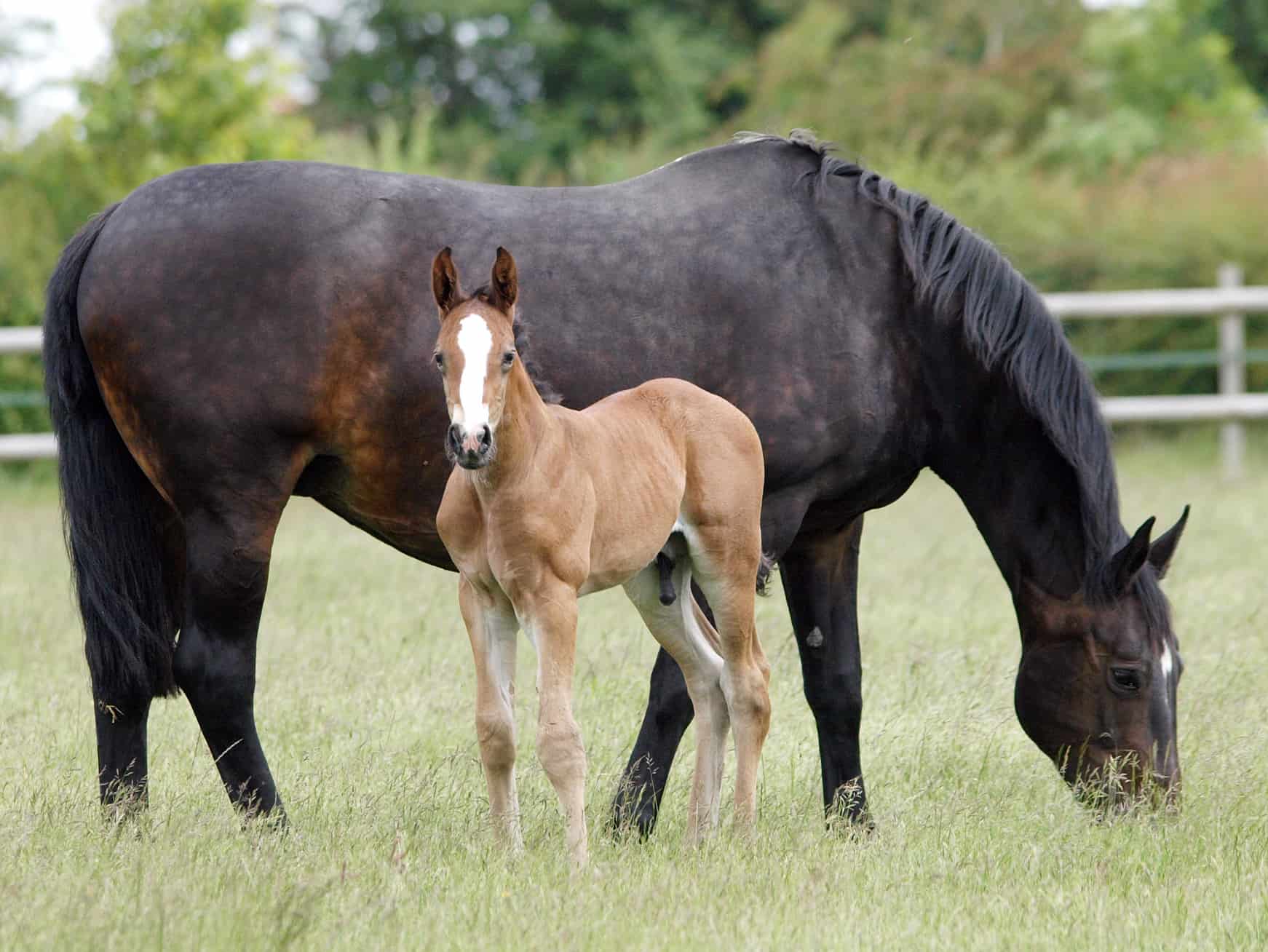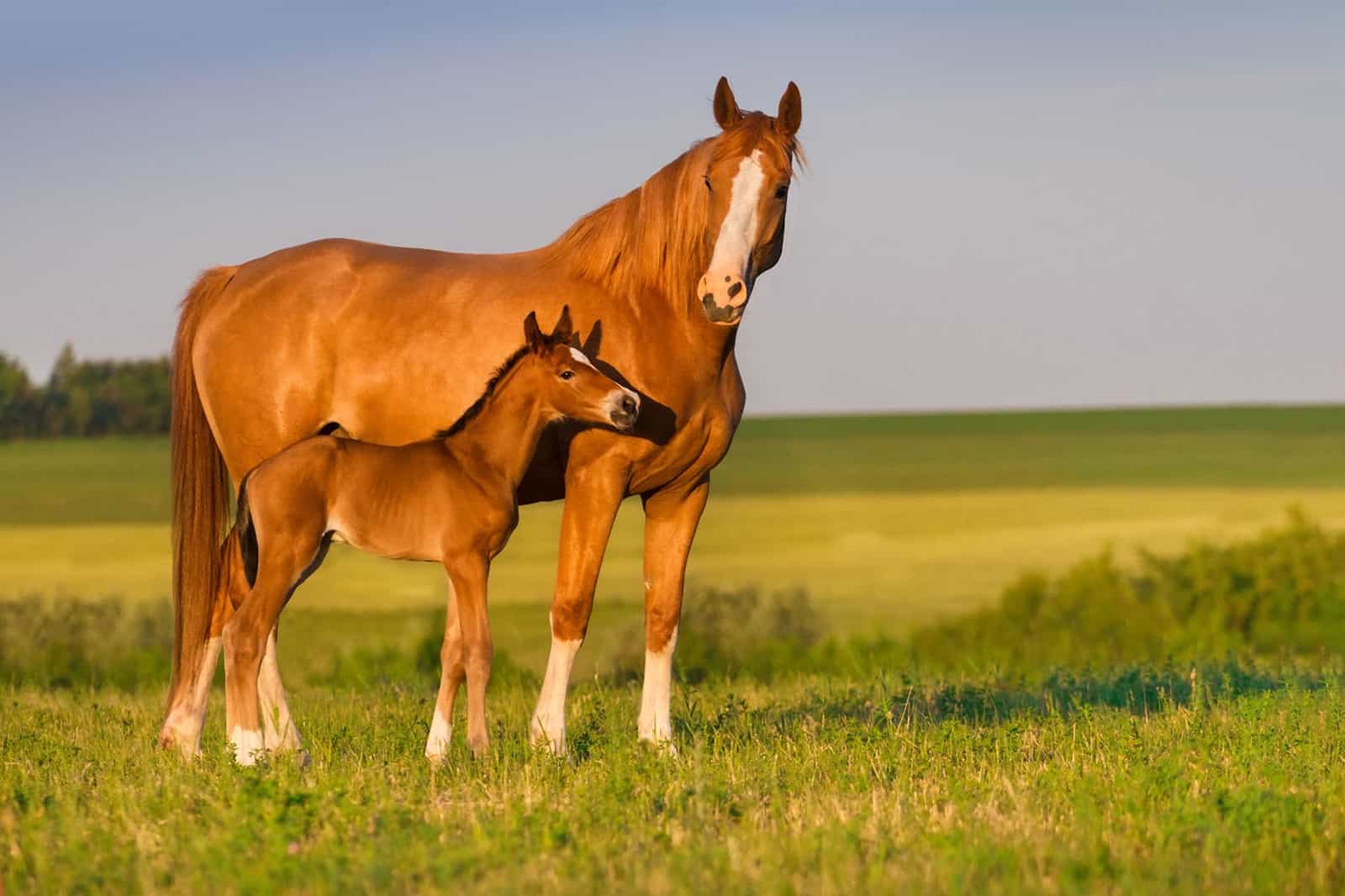Small-Scale Success: Responsible Boutique Horse Breeders
- Topics: Artificial Insemination, Assisted Reproduction, Breeding and Reproduction, Breeding Basics, Breeding Planning, Breeding Process, Breeding Shed, Breeding Soundness Exam, Horse Care, Mare Care and Problems, Mare Fertility, Stallion Care and Problems, Stallion Fertility, Vet and Professional, Welfare and Industry

Boutique breeders who are leading by example
The phrase “backyard breeder” often carries a negative connotation. Horsemen originally coined the expression to describe the informal breeding practices that were standard decades ago. One horse owner had a mare, and maybe the neighbor had a stallion. They bred the two and produced a foal with no set plan or purpose for that horse.
Over time, the phrase evolved to inaccurately encompass small-scale breeders that only breed a handful of mares each year. In actuality, many of these breeders have some of the most sophisticated programs because they focus on quality over quantity. Their breedings are planned events, with the resulting foals meeting an industry need.

Today’s economic conditions make horse ownership more difficult than it once was, curbing some of the lax breeding practices of the past. San Antonio, Texas-based equine reproduction specialist Benjamin Espy, DVM, Dipl. ACT, estimates that it costs between $15,000 and $20,000 to breed and raise a foal to performance age. That includes breeding fees and veterinarian, farrier, feed, and training expenses. When individuals new to breeding ask for his guidance, he encourages them to consider whether the resulting foal will be worth their investment TheHorse.com is home to thousands of free articles about horse health care. In order to access some of our exclusive free content, you must be signed into TheHorse.com. Already have an account?Create a free account with TheHorse.com to view this content.
Start your free account today!
and continue reading.
Written by:
Katie Navarra
Related Articles
Stay on top of the most recent Horse Health news with















